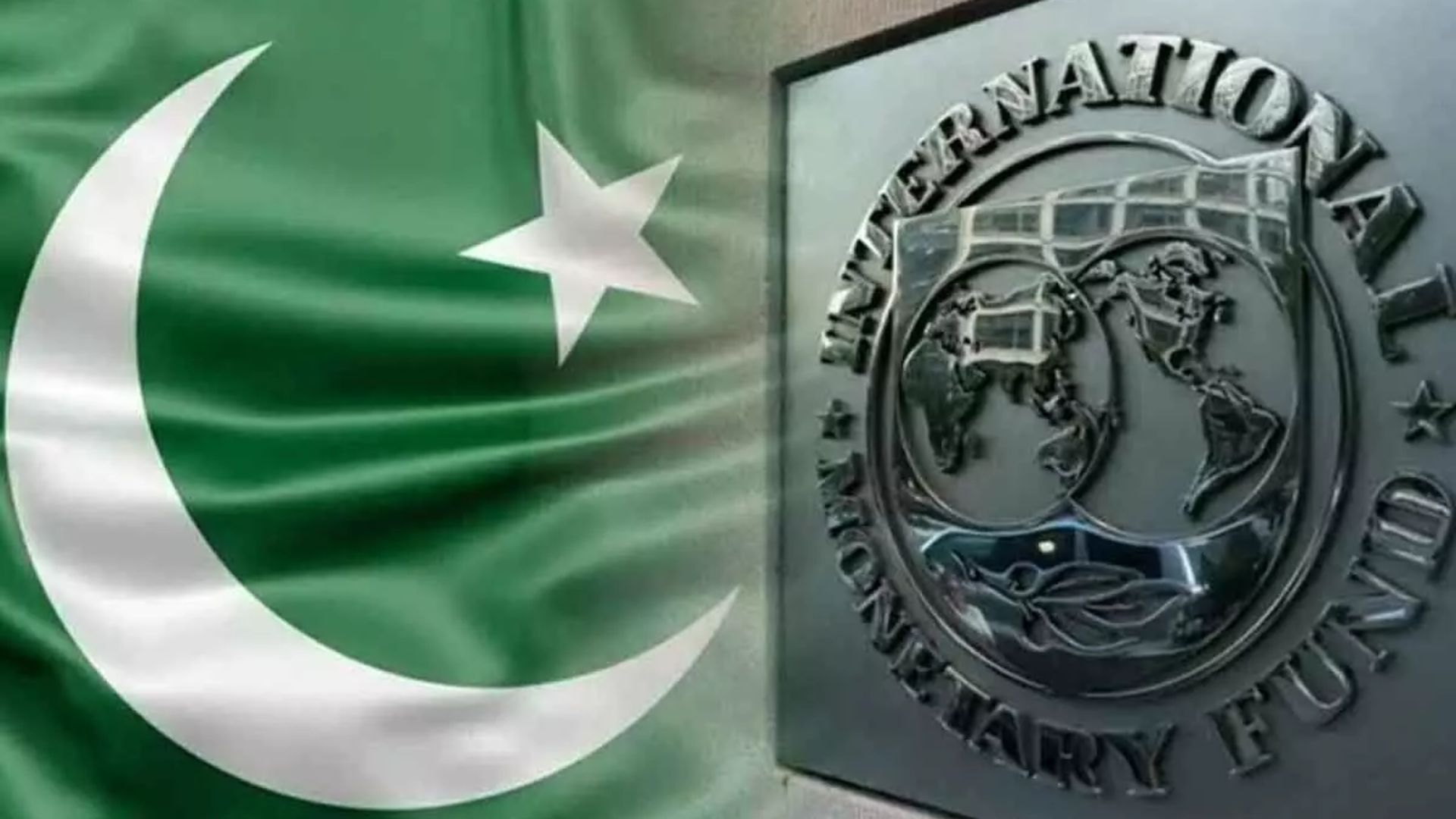

According to The Express Tribune, experts have highlighted that Pakistan currently has an opportune moment to fulfill the conditions set by the International Monetary Fund (IMF), improve tax collection, and notably increase the tax-to-GDP ratio by clamping down on illicit activities within the tobacco sector.
The IMF has recently suggested that the Federal Board of Revenue (FBR) should implement a standardized excise duty on all domestically produced cigarettes, regardless of their manufacturer, with the aim of generating additional revenue. However, it has been noted that tax revenue from the tobacco industry mainly comes from just two legal companies, as the FBR has struggled to bring illicit cigarette manufacturers into the tax fold.
Cracking down on illicit tobacco trade holds the potential to significantly boost annual revenue from the industry to Rs 600 billion, a considerable increase from the current Rs 250 billion. This effort is in line with the government’s goal of raising the tax-to-GDP ratio to 20% and addressing economic challenges effectively.
Osama Siddiqui, a microeconomic analyst, emphasized that tackling illicit tobacco trade is not merely about revenue but also about meeting IMF requirements and bolstering Pakistan’s economic resilience. This initiative could substantially contribute to improving tax collection and enhancing the tax-to-GDP ratio.
Recent industry data highlighted by The Express Tribune indicates a notable increase in the market share of illicit cigarettes, now comprising 63% of the market. This underscores the urgent need for intervention to address the growing gap, attributed to the affordability of untaxed alternatives due to higher prices of legal cigarettes, resulting in a significant loss of tax revenue amounting to PKR 310 billion.
Siddiqui further emphasized that addressing illicit tobacco trade is not only a fiscal necessity but also a strategic move to fund crucial sectors such as infrastructure development, healthcare, and education.
By taking decisive measures to combat this issue, Pakistan can lay the foundation for economic growth, fulfill international obligations, and secure essential resources for national development.
Scammers trick people by reaching out through social media, such as Telegram or WhatsApp, promising…
Kristen Fischer, a mother of three, took to Instagram to highlight eight key reasons why…
The arrests were carried out by a special team from the Ernakulam Town South Police…
The crew of four will conduct a range of scientific experiments, including growing mushrooms in…
Boston had a tough opening series against the Texas Rangers, going 1-3 due to inconsistent…
French far-right leader swiftly denounced the verdict as “a political move” designed to block her…